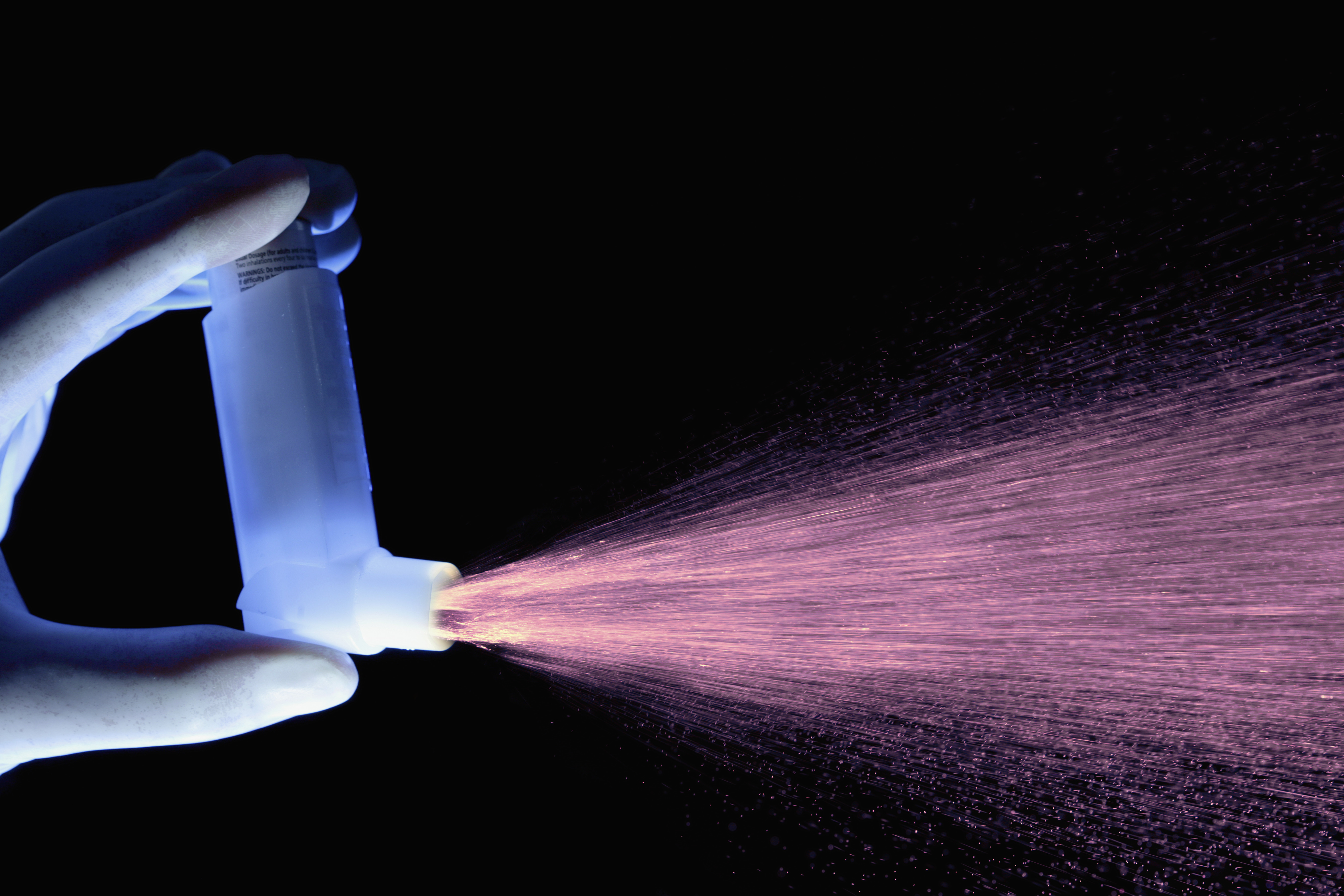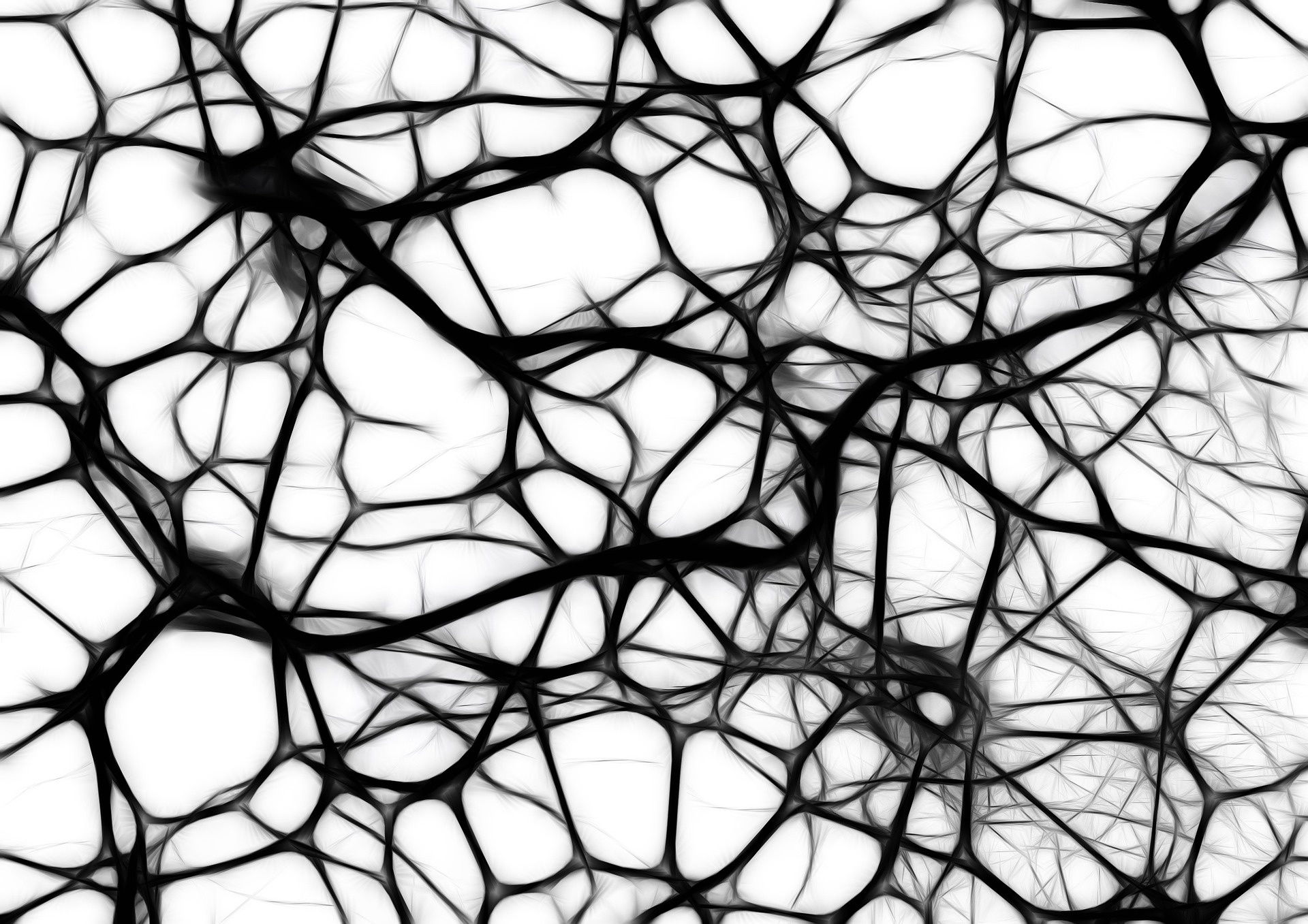medical research
Can the keto diet really help people combat acne, cancer and “brain fog”?
If a scientific study was conducted unethically, should publishers retract it?
“Dinner and drinks” may take on a new, more provocative meaning.
Antibiotics or anti-inflammatory drugs may help combat lung cancer.
Ancient beverages such as tea and chamomile can heighten your modern-day performance.
The massive number of casualties and injuries created during these battles necessitated some quick, creative ideas… some of which we still have today.
Need to reduce your stress? Try thinking of the face of your better half.
Can changing diet actually reverse the growth of cancer in the body?
Researchers at the University of Basel in Switzerland have hijacked cancer’s cellular plasticity to turn the disease against itself.
A new study shows promise for epigenetic treatments for humans suffering from Alzheimer’s disease.
Folios cheese wraps can be a surprisingly healthy substitute for traditional tortillas. Of course, there’s a catch.
A blank canvas for generations of science.
A breakthrough app for ultrasonic squeak analysis.
As the popularity of sparkling waters grows, many wonder if it represents a fresh turning point or a crisp new snake oil.
Patients with lung disease could find relief by breathing in messenger RNA molecules.
The first steps toward developing tools that could help disabled people regain the power to speak.
They’re fun, so why not? Well, maybe because they’re often inscrutable.
A new study provides strong evidence that chronic fatigue syndrome is linked to abnormal reactions in the immune system.
Moving from HOT to HAT, a dazzling new acoustic technology.
Scientists say the virus monitors bacterial chemical exchanges
MIT researchers have discovered how to turn wasp venom into an antibiotic.
The bold technique involves surgically implanting a so-called microneedle patch directly onto the heart.
The quick test would be a breakthrough in cancer treatment.
Phone usage was found to have similar reinforcing tendencies as eating or doing drugs.
Deceased donations could greatly improve fertility treatments for women with uterine problems.
The controversial scientist He Jiankui is currently missing after causing major controversy in late November.
Mothers who tested positive for chemicals found in common cosmetic products were more likely to have girls who hit puberty early.
The particles are able to travel deep into tissue in ways that other treatments simply can’t.
Big Think expert Dr. Jennifer Doudna, a professor at UC Berkeley and co-inventor of CRISPR-Cas9 genome editing technology, issued a statement responding to a scientist’s recent claim that he helped create the world’s first genetically edited babies.
The damage might not be “as bad” as traditional cigarettes, but it’s still pretty bad.





























